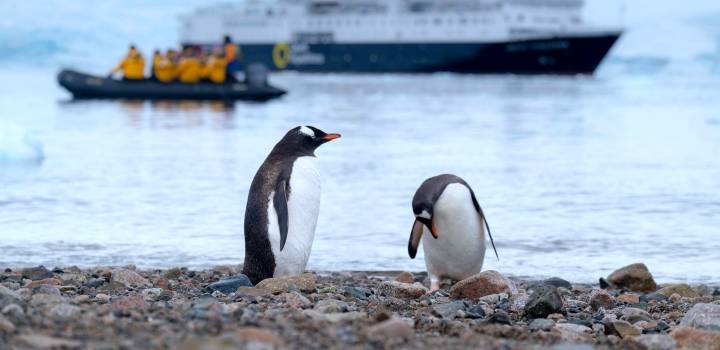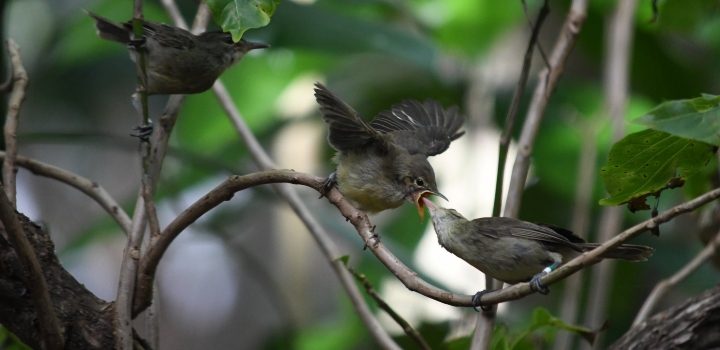Latest News

Timing wise, this U-turn in US climate policy is excellent
As President Biden signs the United States back up to the UN Paris Agreement, Heike Schroeder, professor of environmental governance in UEAs School of International Development, says timing wise this U-turn in the countrys climate policy is excellent.
Read more
Herd immunity may not be achievable even with high vaccine uptake
The government vaccination programme may not be sufficient to achieve herd immunity - even if everyone in the UK is vaccinated - according to new research from the University of East Anglia.
Read more
Study shows how network of marine protected areas could help safeguard Antarctic penguins
New research led by BirdLife International, the University of East Anglia (UEA) and British Antarctic Survey highlights how a proposed network of marine protected areas could help safeguard some of the most important areas at sea for breeding Antarctic pe
Read more
New report on post-Brexit challenges and opportunities
Brexit and Beyond, a new report from academic think tank UK in a Changing Europe, underlines the challenges and opportunities that confront the United Kingdom now it has left the European Union.
Read more
Babysitters provide boost to offspring of elderly birds
Young Seychelles warblers fare better if their elderly parents have help raising them, according to new research from the University of East Anglia (UEA) and the University of Groningen.
Read more
New project aims to improve rates of patients taking medicines for type 2 diabetes
The University of East Anglia (UEA) is working with the Universities of Oxford and Amsterdam to test a community pharmacy service designed to support people with type 2 diabetes to improve the management of their condition.
Read more
2020 ends earth’s warmest 10 years on record
The latest data confirms 2020 concludes the earths warmest 10-year period on record.
Read more
The true cost of chemotherapy
Chemotherapy for breast cancer costs the UK economy more than 248 million annually, including out-of-pocket personal costs of more than 1,000 per patient according to new research from the University of East Anglia.
Read more
We drank more, exercised less, in lockdown – study shows
Lockdown saw people in the UK eating less fruit and veg, getting less exercise and drinking more alcohol according to research from the University of East Anglia.
Read more
Covid-19: How five days of ‘liberty’ ruined the November lockdown
The UK-wide November lockdown didnt work as well as it should have because too many people made the most of their liberty in the run-up to it according to new research from UEA.
Read more
Football stickers and magazines expose kids to gambling logos despite ban
Every childrens football magazine and over 40% of collectible stickers and cards feature gambling logos, despite the ban on marketing betting to children, new research from the University of East Anglia and Goldsmiths, University of London, has found.
Read more
Ground-breaking UEA PhD scholarships to bring together climate science and creative writing
With the next ten years seen as being a profound and critical decade for climate change, UEA has brought together two of its most celebrated fields of study, environmental sciences and creative writing, to launch 20 prestigious new Leverhulme PhD scholars
Read more


